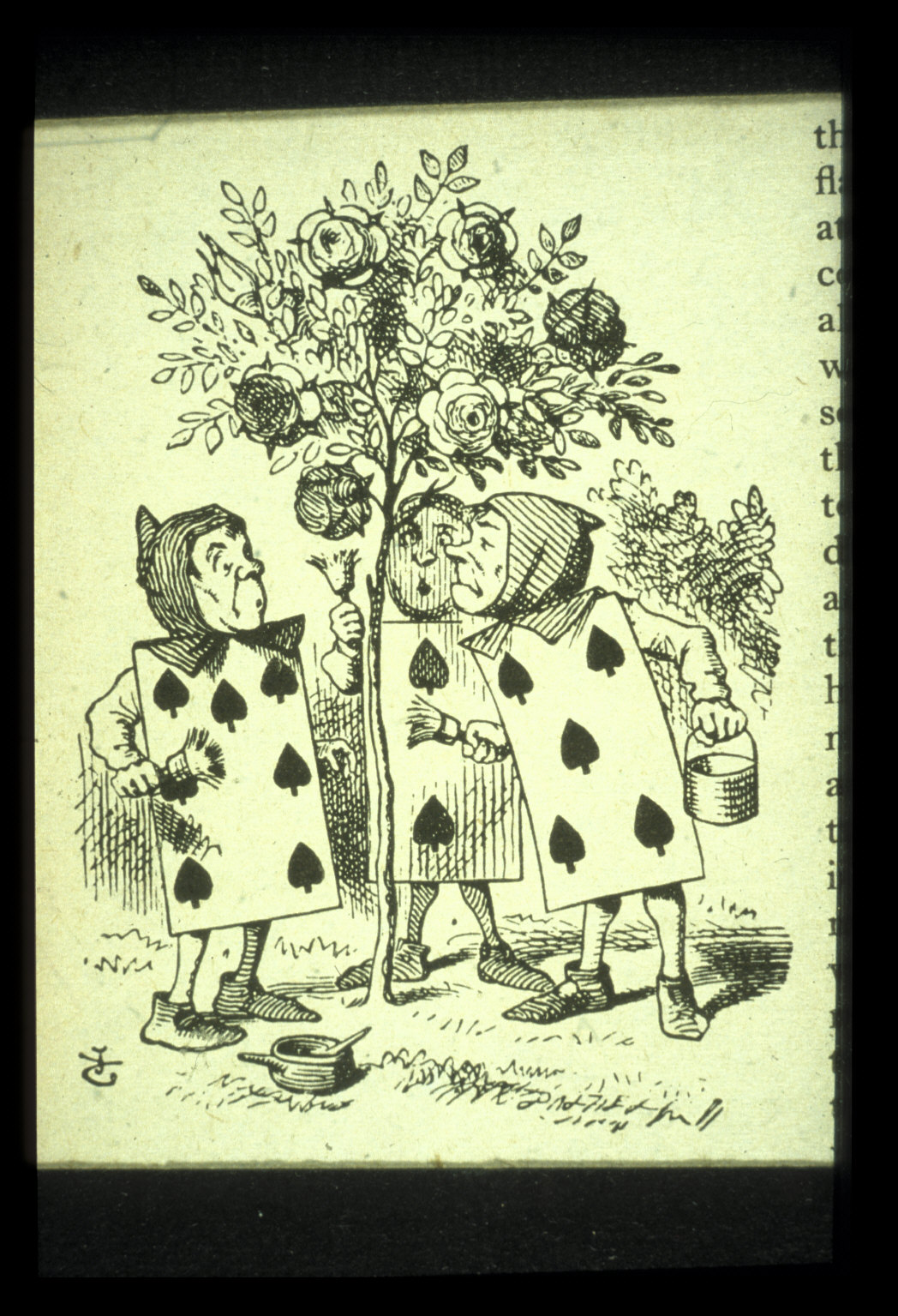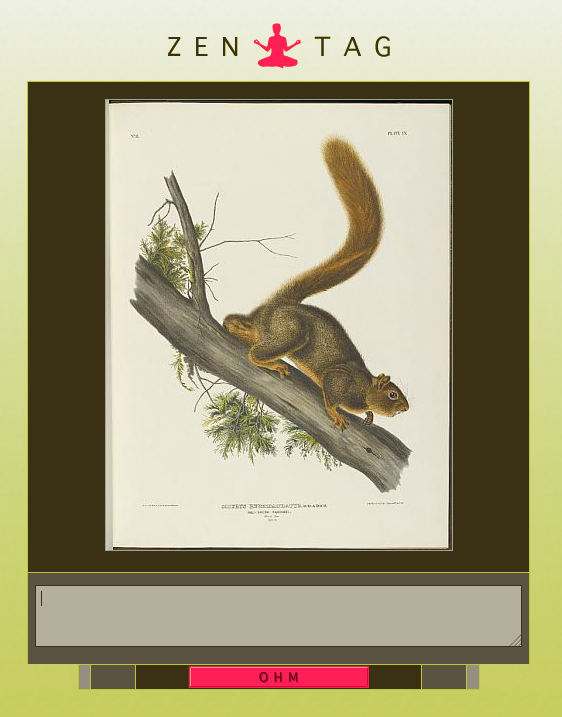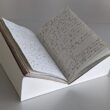Home University of Edinburgh Library Essentials
February 15, 2026
Google Glass, gaming and Gallimaufry
Posted on December 16, 2014 | in Library, Library & University Collections, Research & Learning Services | by Gavin WillshawLast Monday was no typical day at the office: after an early start at the Imperial War Museum exploring its First World War exhibition with Google Glass, I finished the day trying to escape the British Library before the lights were switched off! In between, I was involved in the launch of a new initiative to make our images available through Tiltfactor’s Metadatagames crowdsourcing platform.
Google Glass at the IWM
The Imperial War Museum ran an experiment to see how its First World War Galleries could be enhanced with the use of Google Glass and invited heritage professionals to try out the technology. Information Services at the University of Edinburgh have recently acquired a few sets of Google Glass and announced a competition to see how students could use it to improve their learning, so I was keen to see how it could be used in a heritage setting. The concept was actually very simple: a Glass ‘tour’ had been uploaded to the device and, whenever a wearer approached one of several beacons installed throughout the exhibition, the user was fed additional relevant content onto their Glass screen. For example, one of the exhibits was an early tank – when I came within range, a short 1916 propaganda film appeared on my screen describing how the new invention would “bring an end to the war”.
I felt the museum did a good job of providing enough additional content through the Glass to complement existing exhibits without overwhelming the user with too much additional information. The device was surprisingly comfortable and the screen wasn’t overly intrusive. This experiment showed that Google Glass can work in a museum setting: there is definitely scope for using it in one of the Library’s exhibition spaces to provide another dimension to showcasing our collections.
Digital Conversations at the British Library
There have been some fantastic initiatives recently in using heritage content as inspiration for video games – this event, part of the British Library’s Digital Conversations series, brought heritage professionals and games designers together for the formal launch of the 2015 ‘Off the Map’ competition for students to design games inspired by the BL’s collections. The theme for the competition, ‘Alice’s Adventures off the Map’, relates to next year’s 150th anniversary of the publication of Alice’s Adventures in Wonderland. The Library provides asset packs for games designers and facilitates access to original collections; the designers use these materials to create exciting and innovative computer games. Previous winners have included an underwater adventure through the long demolished, but now digitally restored, Fonthill Abbey, and a fully immersive 3D version of London from before the Great Fire of 1666.
There were also some really interesting talks at the event about the launch of the National Videogame Arcade in Nottingham, a discussion about how the V&A’s designer in residence built a successful mobile app using items from the museum’s collections, and a demonstration of how the British Museum used Minecraft to engage users with the building and its collections. The range of ideas on display gave food for thought – how can the University take inspiration from initiatives such as these to enhance access to and use of our own collections?
Gallimaufry games
Crowdsourcing is definitely one way we can do this! We’ve been working on creating a fun metadata tagging game to encourage games enthusiasts, and those with an interest in out collections, to ‘say what they see’ and tag our images. We took inspiration from Tiltfactor’s Metadatagames platform, and on Monday we uploaded around 2,500 images from our Gallimaufry collection to their site. You can now play addictive games such as ‘Zen Tag’, ‘Stupid Robot’ and ‘Guess What’ using a diverse number of images from our own collections!
Collections
 Hill and Adamson Collection: an insight into Edinburgh’s past
My name is Phoebe Kirkland, I am an MSc East Asian Studies student, and for...
Hill and Adamson Collection: an insight into Edinburgh’s past
My name is Phoebe Kirkland, I am an MSc East Asian Studies student, and for...
 Cataloguing the private papers of Archibald Hunter Campbell: A Journey Through Correspondence
My name is Pauline Vincent, I am a student in my last year of a...
Cataloguing the private papers of Archibald Hunter Campbell: A Journey Through Correspondence
My name is Pauline Vincent, I am a student in my last year of a...
Projects
 Cataloguing the private papers of Archibald Hunter Campbell: A Journey Through Correspondence
My name is Pauline Vincent, I am a student in my last year of a...
Cataloguing the private papers of Archibald Hunter Campbell: A Journey Through Correspondence
My name is Pauline Vincent, I am a student in my last year of a...
 Archival Provenance Research Project: Lishan’s Experience
Presentation My name is Lishan Zou, I am a fourth year History and Politics student....
Archival Provenance Research Project: Lishan’s Experience
Presentation My name is Lishan Zou, I am a fourth year History and Politics student....




